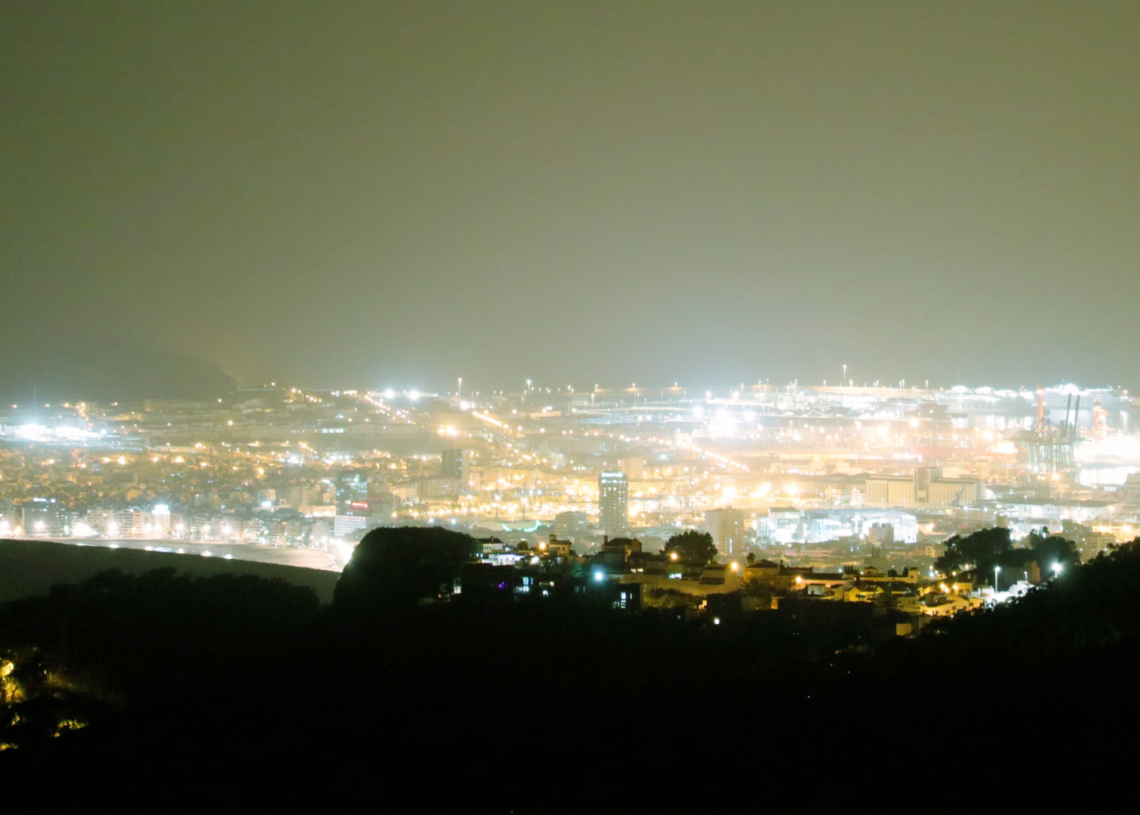The modern world is a 24/7 sensory overload. This could be especially bothersome at night, when we need the utmost darkness to fall asleep and stay in the deepest sleep. Unfortunately, light pollution, spurred by tons of artificial brightness both outside and inside our homes, might be doing more than keeping us up at night. It could be damaging our hearts.
A new analysis from Massachusetts General Hospital, set to be presented at the American Heart Association’s Scientific Sessions 2025, has found that exposure to artificial light at night is closely linked to increased brain stress signals, inflamed blood vessels, and a greater risk of heart disease.
Researchers reviewed the data of 466 adults who underwent brain and heart imaging at the hospital between 2005 and 2008, cross-referencing their home addresses with satellite data from the New World Atlas of Artificial Night Sky Brightness. The findings suggest that people exposed to greater nighttime light had higher brain stress activity and arterial inflammation, even after adjusting for traditional heart disease risk factors.
Exposure to Nighttime Light Pollution May Raise Risk of Heart Disease
“We found a nearly linear relationship between nighttime light and heart disease,” said lead researcher Dr. Shady Abohashem. “The more night-light exposure, the higher the risk. Even modest increases in night-time light were linked with higher brain and artery stress.”
Over a decade, 17 percent of participants developed significant heart issues. There was a 35 percent increased risk of heart disease within five years and a 22 percent increased risk over ten years for those living in brightly lit areas.
The study suggests that when the brain senses constant light, it reacts as if under stress—releasing signals that can trigger inflammation and gradually harden arteries, upping the odds of heart attacks and strokes. The problem is much worse in neighborhoods already burdened by other stressors, such as traffic noise and lower income levels.
If you live in a big, bright city, you’re probably not going to be successful in your attempt to get local officials to dim the lights a little bit. You might need to start taking extra precautions, like making sure your screens are turned off well before bedtime and doing whatever you can to make your bedroom darker, whether that means blackout shades or an eye mask.
Small adjustments like that could help you fight against the constant glow of the modern world, thus keeping your heart healthy in the long run.
The post Nighttime Light Pollution Might Be Doing Serious Damage to Your Heart, Study Finds appeared first on VICE.




